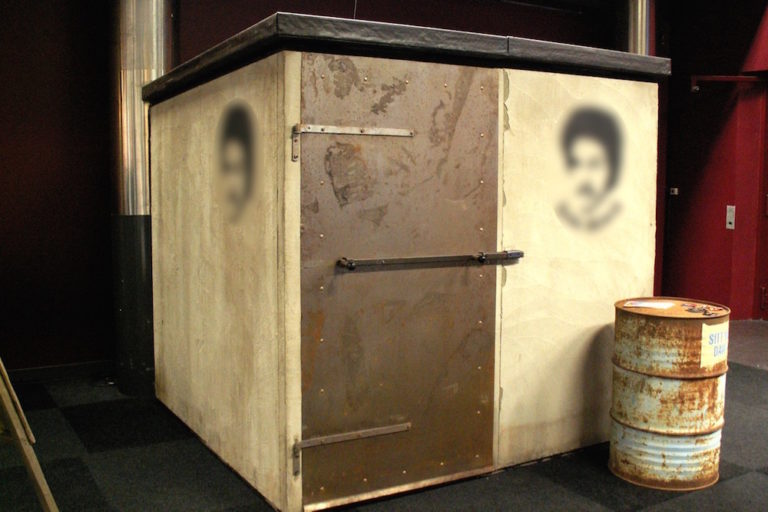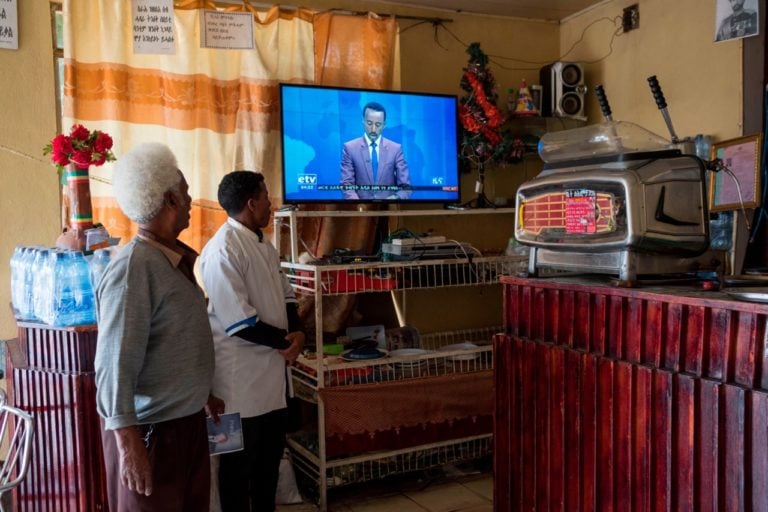(RSF/IFEX) – In a letter to President Issaias Afeworki, RSF protested the suspension of Eritrea’s eight private newspapers. RSF asked the president to lift this measure and to allow the private press to publish again. “We have not seen such a radical and repressive act against the private press in Africa in many years. The […]
(RSF/IFEX) – In a letter to President Issaias Afeworki, RSF protested the suspension of Eritrea’s eight private newspapers. RSF asked the president to lift this measure and to allow the private press to publish again. “We have not seen such a radical and repressive act against the private press in Africa in many years. The decision to simply close all private newspapers is not only unacceptable but also constitutes an impediment to the establishment of real democracy in Eritrea,” said RSF Secretary-General Robert Ménard. “The head of state has revealed himself to be a press freedom predator,” added Ménard.
According to information gathered by RSF, on 18 September 2001, private newspapers announced that further to a government decision, they had published their last issue until further notice. On 19 September, no newspapers were published. The director of state television explained on the air that private media outlets had been afforded “the time to correct their mistakes. They put the country’s unity at risk.”
The private press’s indefinite suspension was ordered on the same day as the arrest in Asmara of seven former ministers and generals. They are all former Eritrean Popular Liberation Front leaders who have become very critical of President Afeworki. They were also part of a group of fifteen personalities who publicly appealed to the head of state in May for “greater democracy” in the country and accused the president of acting in an “unconstitutional manner.” Among them was former Minister of Information Beraki Gebreselassie, who lifted military censorship on information in November 1999.
This measure by the Eritrean authorities is the most serious yet. Since the end of ther war with Ethiopia, the private press was experiencing steadily increasing success, even outselling the official press. In recent months, several journalists were briefly detained by the police. The 1997 constitution, which proposes less restrictive measures for the press than the 1994 law, has yet to be applied, by decision of the head of state.


